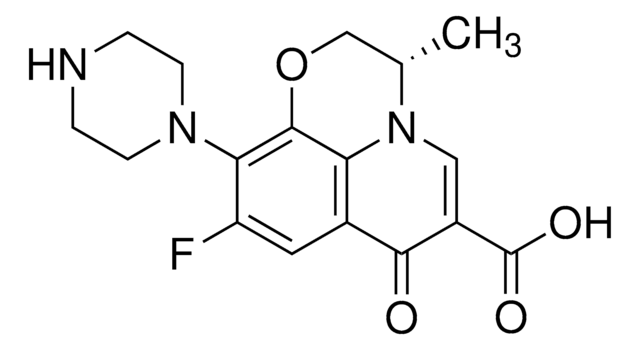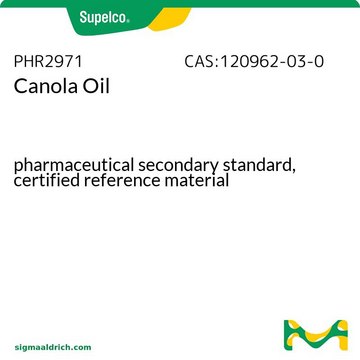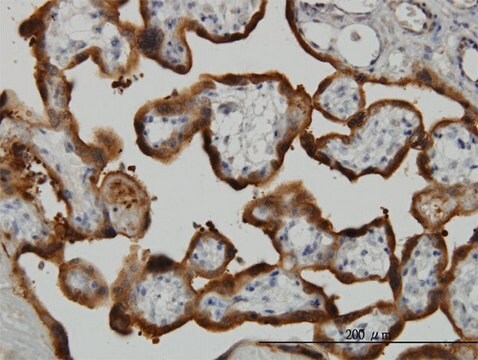PLA0118
Rabbit anti-Phospho RPS6 (S235/236) Antibody, Affinity Purified
Powered by Bethyl Laboratories, Inc.
Sinonimo/i:
40S ribosomal protein S6, S6, phosphoprotein NP33
About This Item
Prodotti consigliati
Origine biologica
rabbit
Livello qualitativo
Forma dell’anticorpo
affinity purified immunoglobulin
Tipo di anticorpo
primary antibodies
Grado
Powered by Bethyl Laboratories, Inc.
Reattività contro le specie
human
tecniche
western blot: 1:2,500-1:10,000
Numero d’accesso
NP_001001.2
Condizioni di spedizione
wet ice
Temperatura di conservazione
2-8°C
Informazioni sul gene
human ... RPS6(6194)
Immunogeno
Stato fisico
Altre note
Esclusione di responsabilità
Non trovi il prodotto giusto?
Prova il nostro Motore di ricerca dei prodotti.
Codice della classe di stoccaggio
12 - Non Combustible Liquids
Classe di pericolosità dell'acqua (WGK)
WGK 1
Punto d’infiammabilità (°F)
Not applicable
Punto d’infiammabilità (°C)
Not applicable
Scegli una delle versioni più recenti:
Certificati d'analisi (COA)
Non trovi la versione di tuo interesse?
Se hai bisogno di una versione specifica, puoi cercare il certificato tramite il numero di lotto.
Possiedi già questo prodotto?
I documenti relativi ai prodotti acquistati recentemente sono disponibili nell’Archivio dei documenti.
Il team dei nostri ricercatori vanta grande esperienza in tutte le aree della ricerca quali Life Science, scienza dei materiali, sintesi chimica, cromatografia, discipline analitiche, ecc..
Contatta l'Assistenza Tecnica.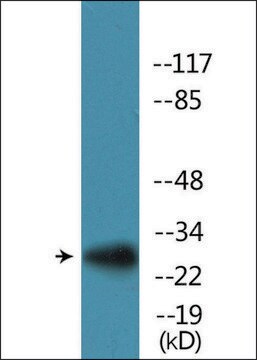
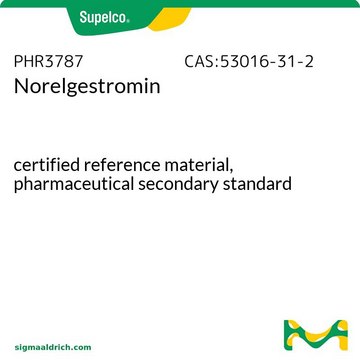
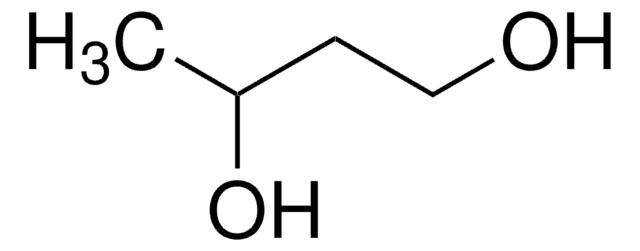
![Octahydrocyclopenta[c]pyrrole AldrichCPR](/deepweb/assets/sigmaaldrich/product/structures/385/398/e59a3455-5fde-4e4a-a173-43297760be22/640/e59a3455-5fde-4e4a-a173-43297760be22.png)



